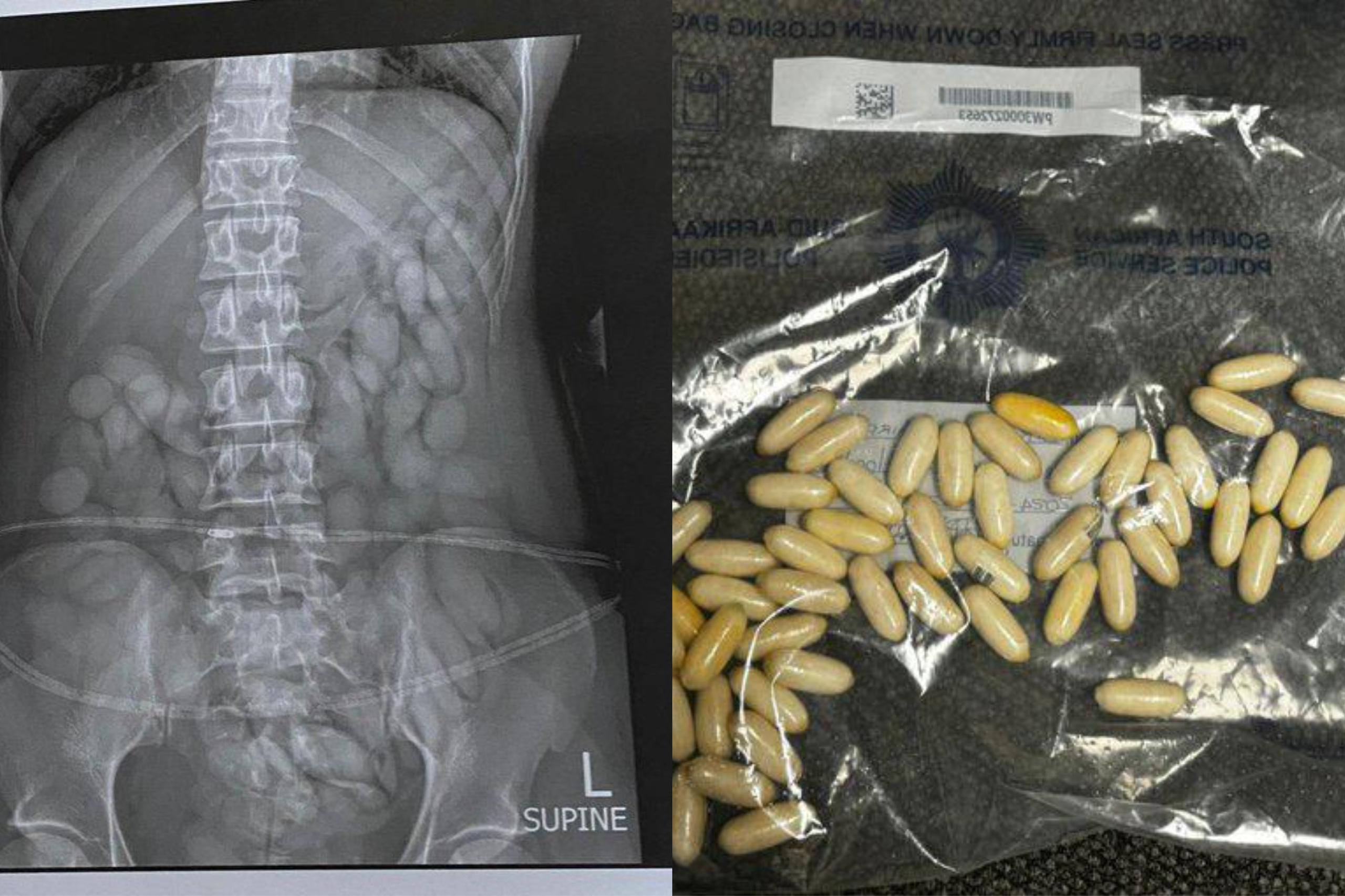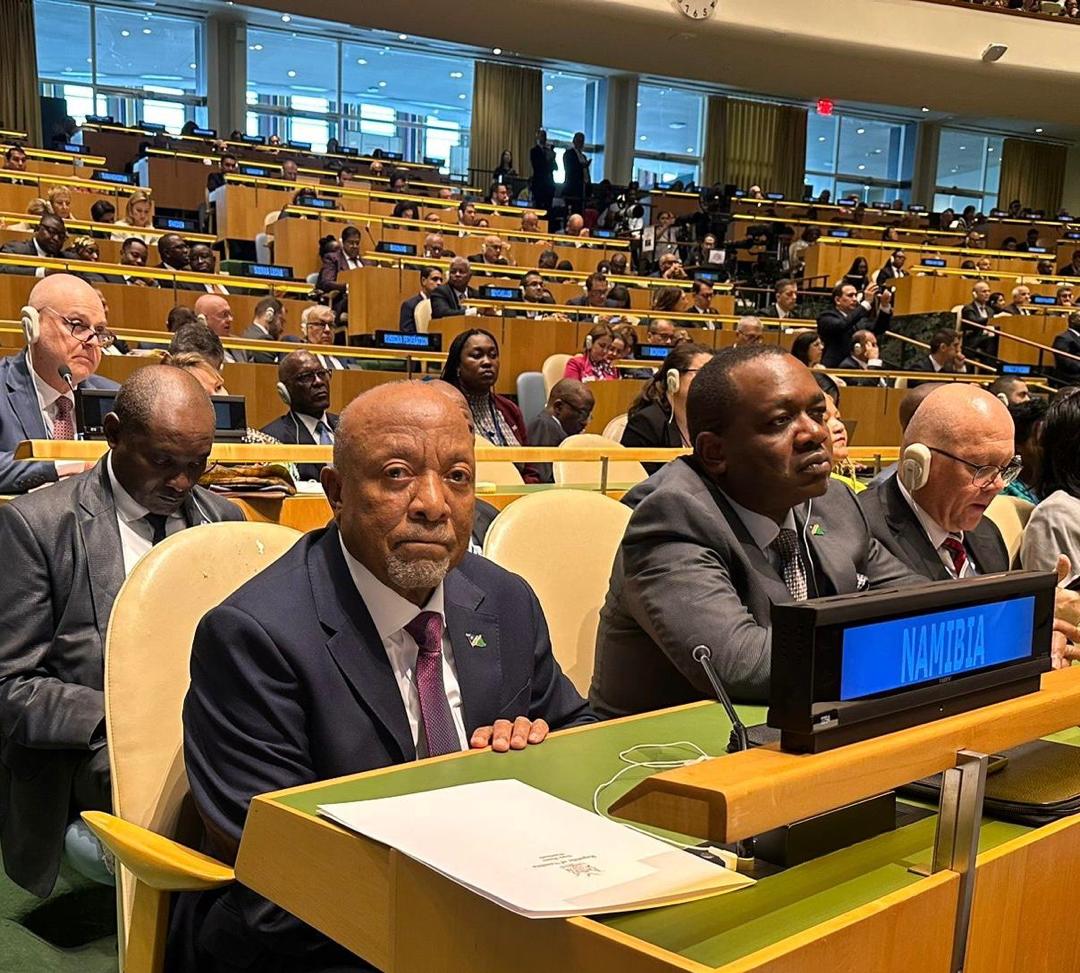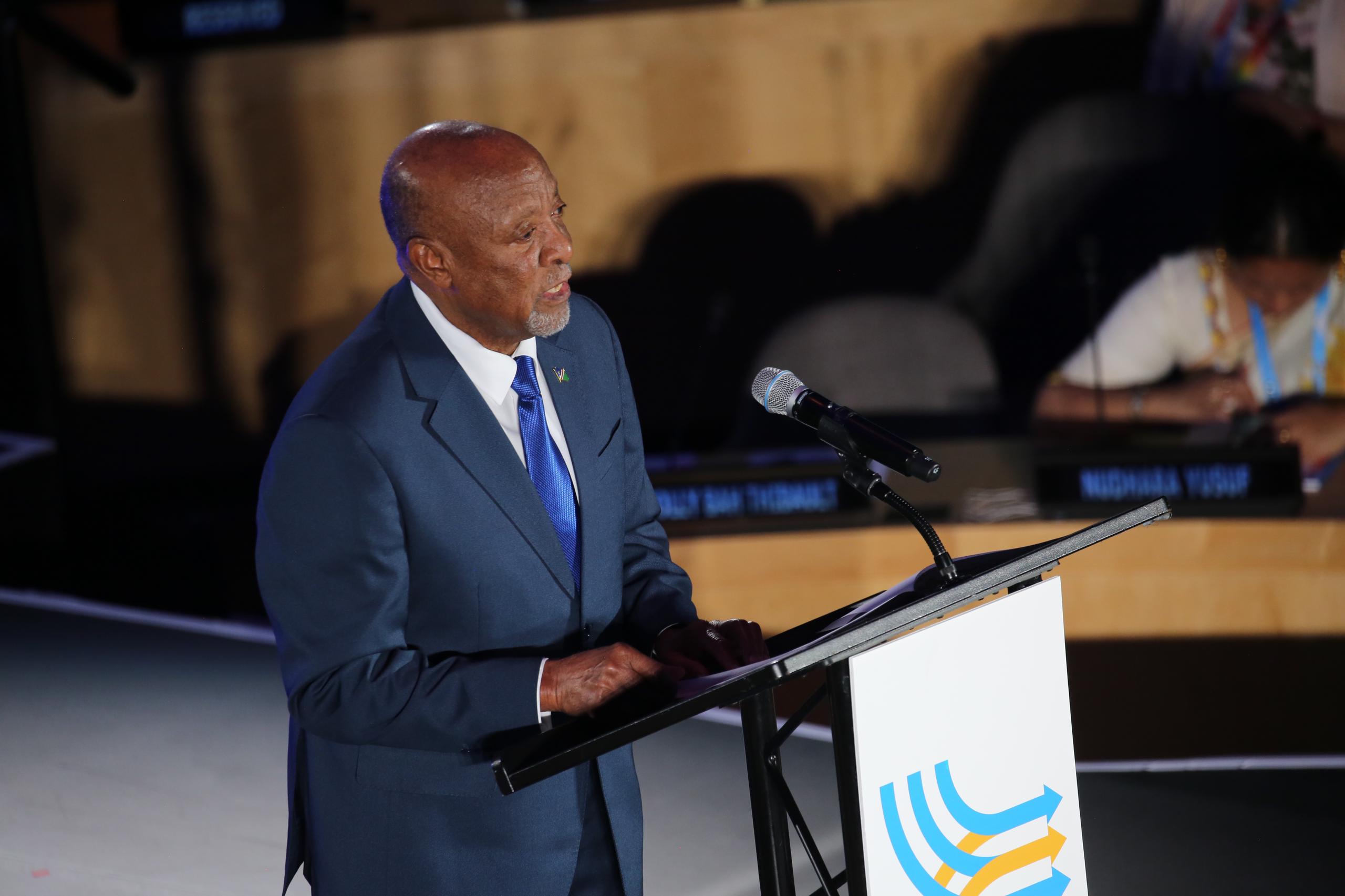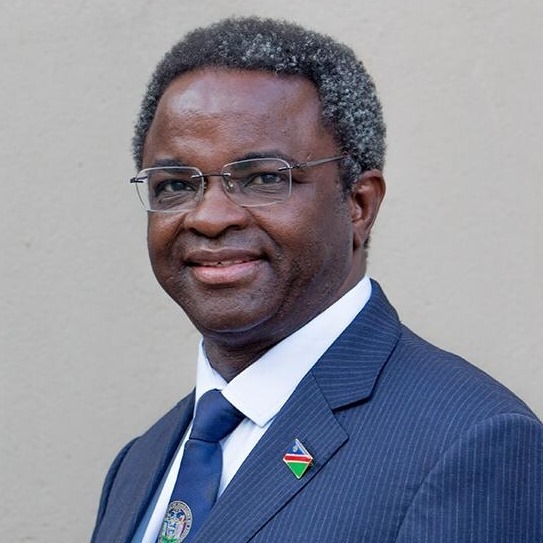Debmarine Namibia chief environmental scientist Deon Louw says there are five sustainability initiatives in Africa which have delivered commendable results.
These initiatives involve environmental protection and conservation, and the sustainable use of natural resources on the continent.
He says three of these initiatives are the Great Green Wall Initiative (GGWI) of the Sahara and Sahel, the Flip-Flop Plastic Revolution in Kenya, Tanzania and Zanzibar and South Africa’s Black Mamba Anti-Poaching Unit.
At a one-day induction session in Windhoek recently, Louw made a brief presentation to a group of 22 employees – called eco-warriors – that the company selected to pioneer its recently launched in-house environmental sustainability programme, ‘Watch, Act, Volunteer and Educate’ (Wave), aimed at achieving environmental sustainability in company operations.
He explained that the GGWI launched in 2007 in the Sahara and Sahel region where efforts are being made to restore 100 million hectares of currently deserted and degraded land. Attempts are now being made to extend the GGWI to Southern Africa Development Community regions.
The Flip-Flop Plastic Revolution, he said, entails making traditional boats from discarded plastic.
Louw also said there are projects on sand dams and water conservation in some African countries which are delivering results.
Most common in Kenya, sand dams are reinforced rubble cement walls built across a sandy river.
They are simple, low cost and the low maintenance technology that retains rainwater recharges underground water. Sand dams are considered an effective method of water conservation.
With regards to wildlife conservation in Africa, the Black Mamba Anti-Poaching Unit has allowed women to become protectors of wild animals, conservation educators and beacons of hope in a field traditionally dominated by men.
The Black Mamba Anti-Poaching Unit is the first official and recognised all-female wildlife unit. It was founded in 2013 with the purpose of protecting wildlife in the Olifants West Nature Reserve and the buffer zone in the Greater Kruger National Park.
At the same platform, Rent-A-Drum’s Servine Bower and Martiens Vries both said their company is currently recycling different types of waste: general waste, hazardous waste, liquid waste, e-waste and medical waste.
At the moment, the duo added, there is about 76 000m3 of landfill airspace in Namibia that is saved annually due to integrated waste management solutions and, thus far, they have saved about 180 000 trees through recycling plants annually.
“We can light about 62 000 light bulbs for one year through the recycling of cans. We currently recycle an average of 17 000 tonnes of waste per year at our material recovery facility,” their presentation said.
Namibia Nature Foundation (NNF) wildlife and environmental lecturer Morgan Hauptfleisch says they believe the slow pace of change and adaptation to many environmental challenges stems from a lack of cohesion and integration of civil society’s collective efforts.
Therefore, he says, NNF’s approach ranges from strengthening community-based organisation to help them manage the natural resources in their environments in a sustainable manner, as well as supporting community conservation projects on marine and coastal conservation, combating wildlife crimes, sustainable agriculture, freshwater and inland fisheries and sustainable forestry.
The Wave programme is geared towards a cleaner, greener and more sustainable future for the company and communities, and it will educate eco-warriors on Debmarine Namibia’s blueprint on how to adopt more eco-friendly and sustainable habits and behaviours.
Stay informed with The Namibian – your source for credible journalism. Get in-depth reporting and opinions for
only N$85 a month. Invest in journalism, invest in democracy –
Subscribe Now!






